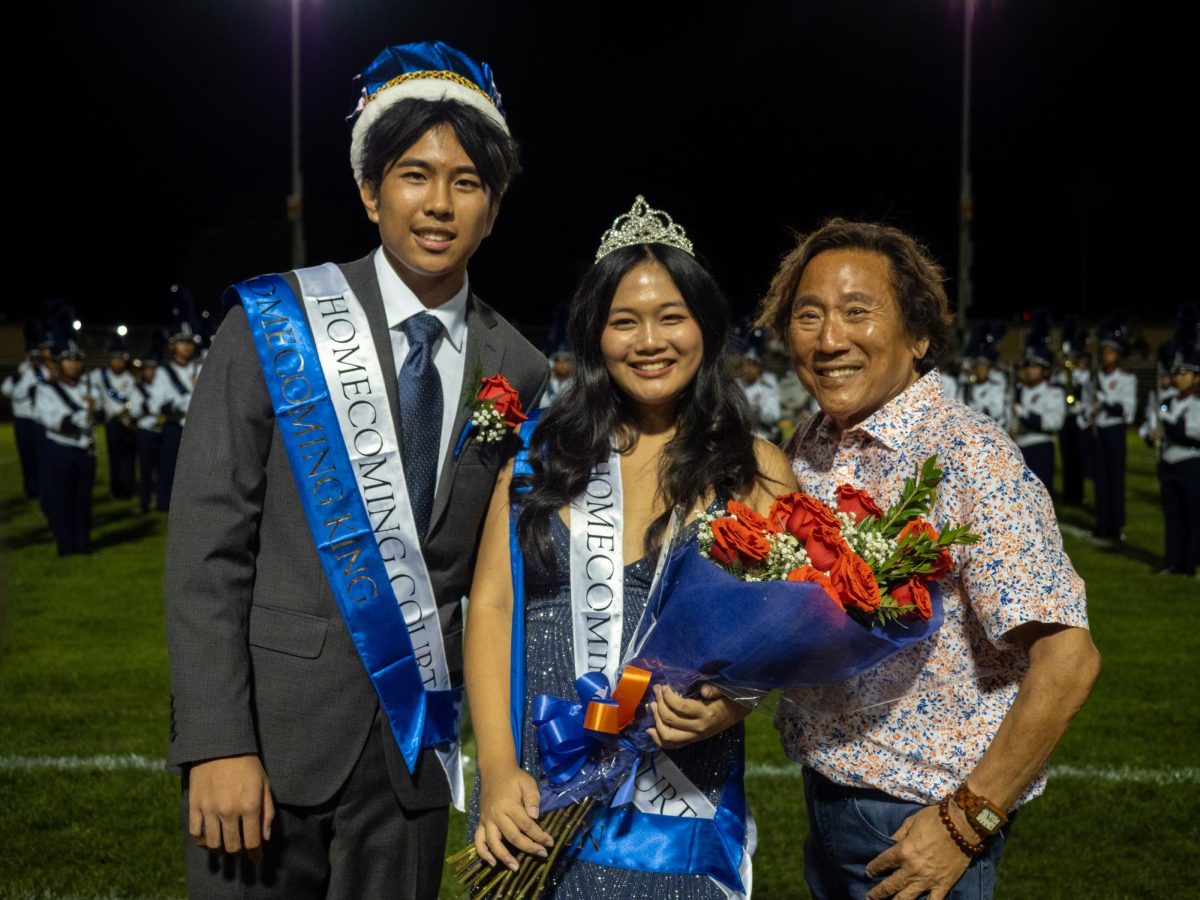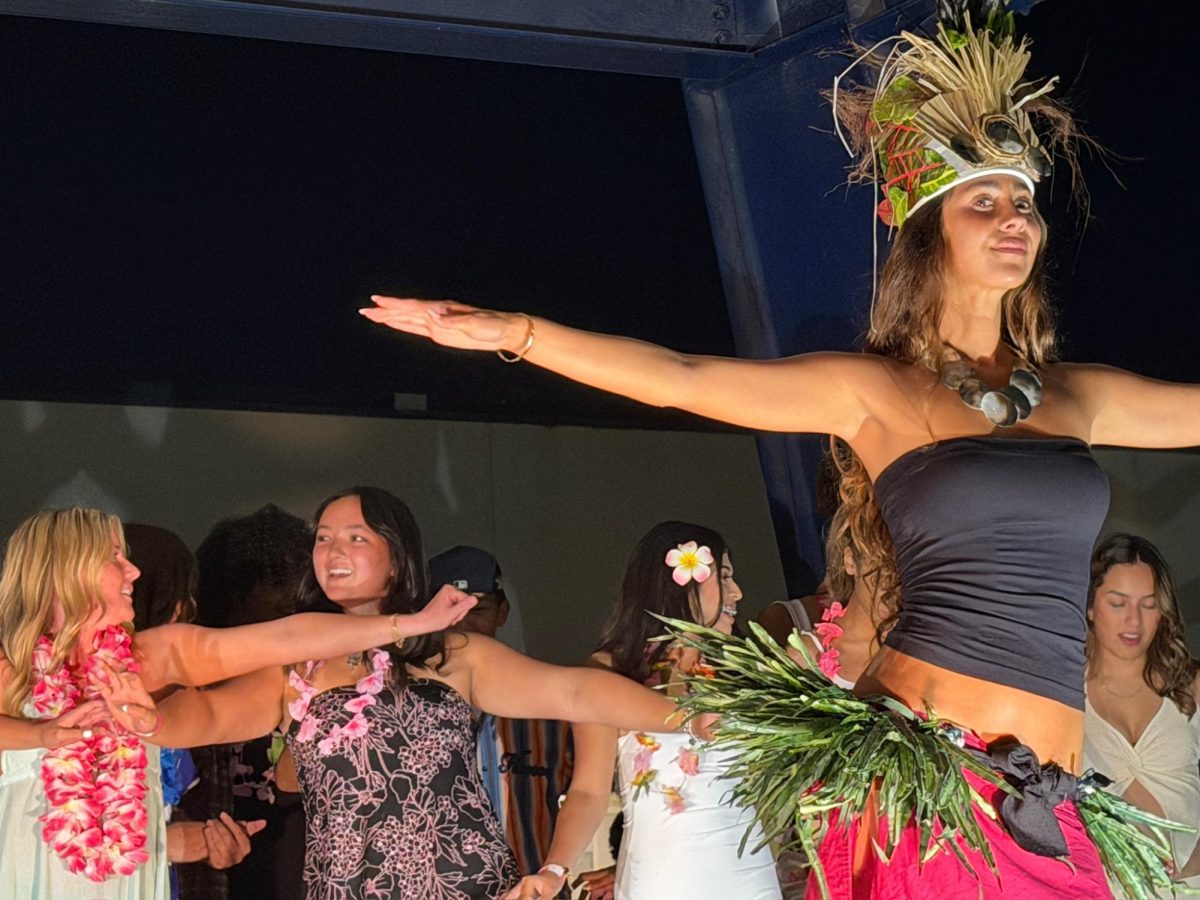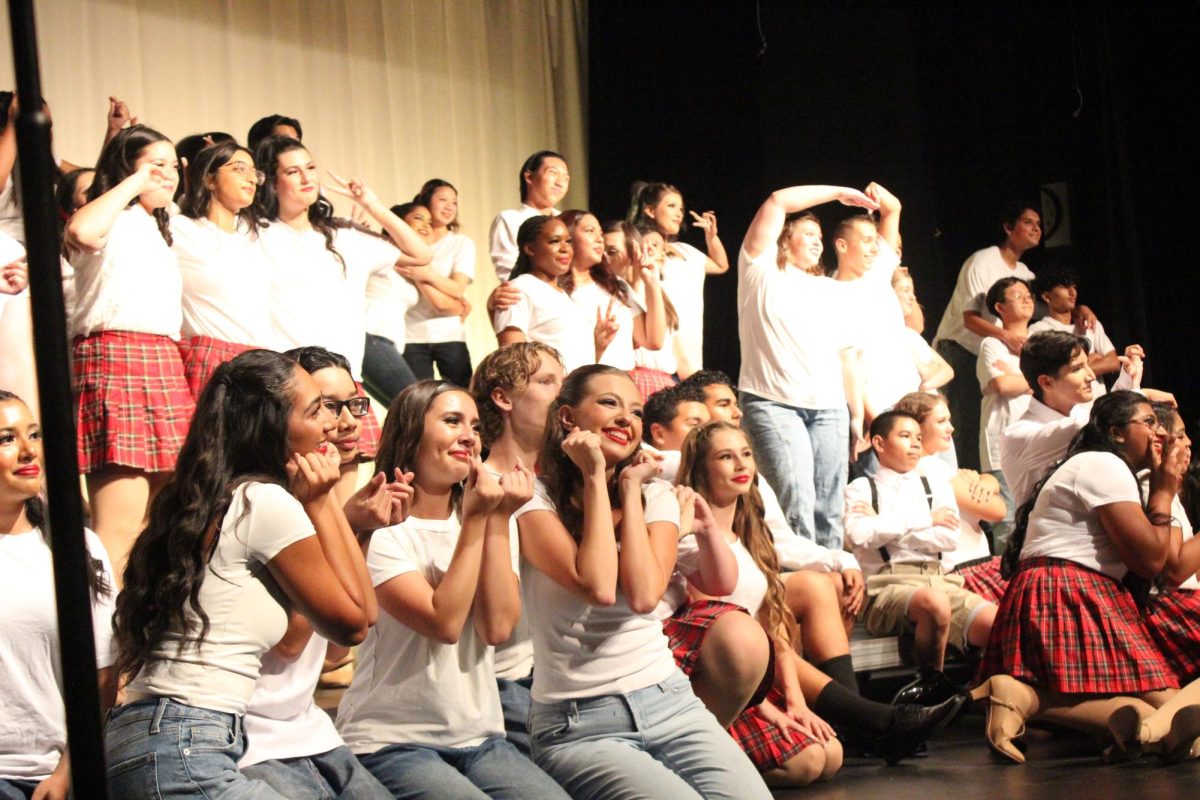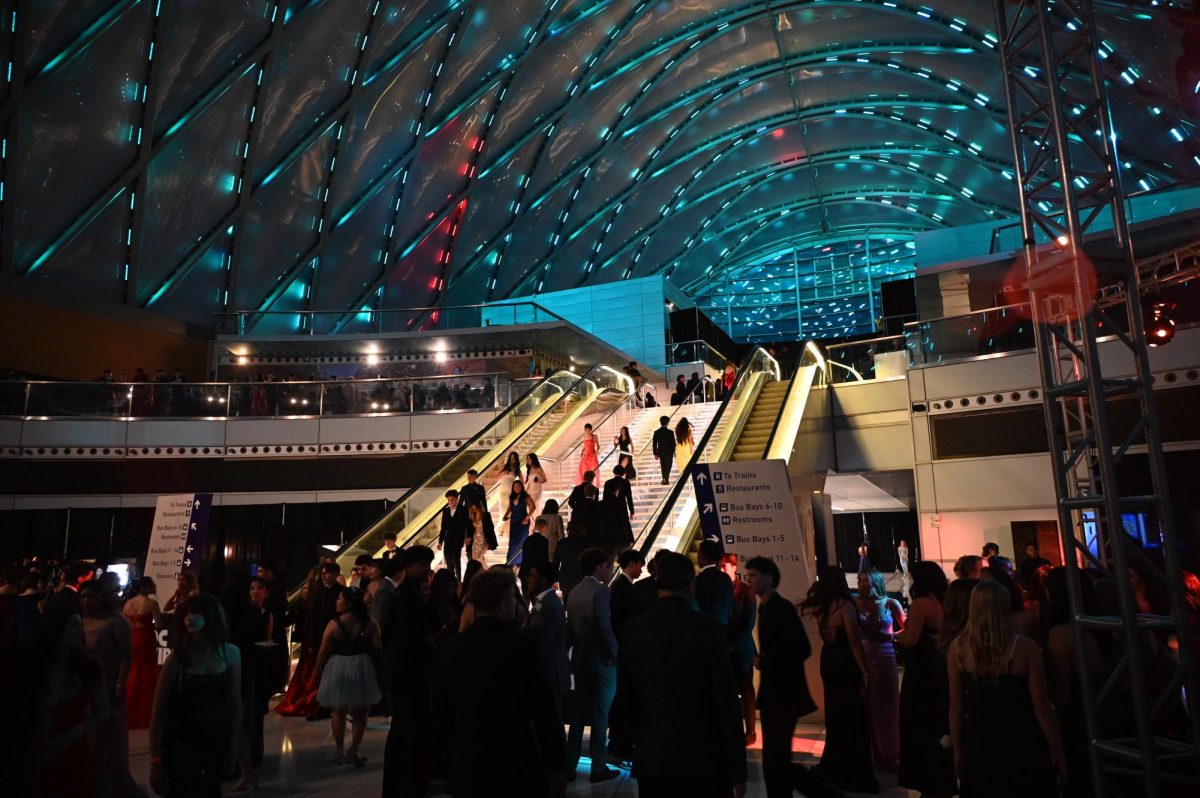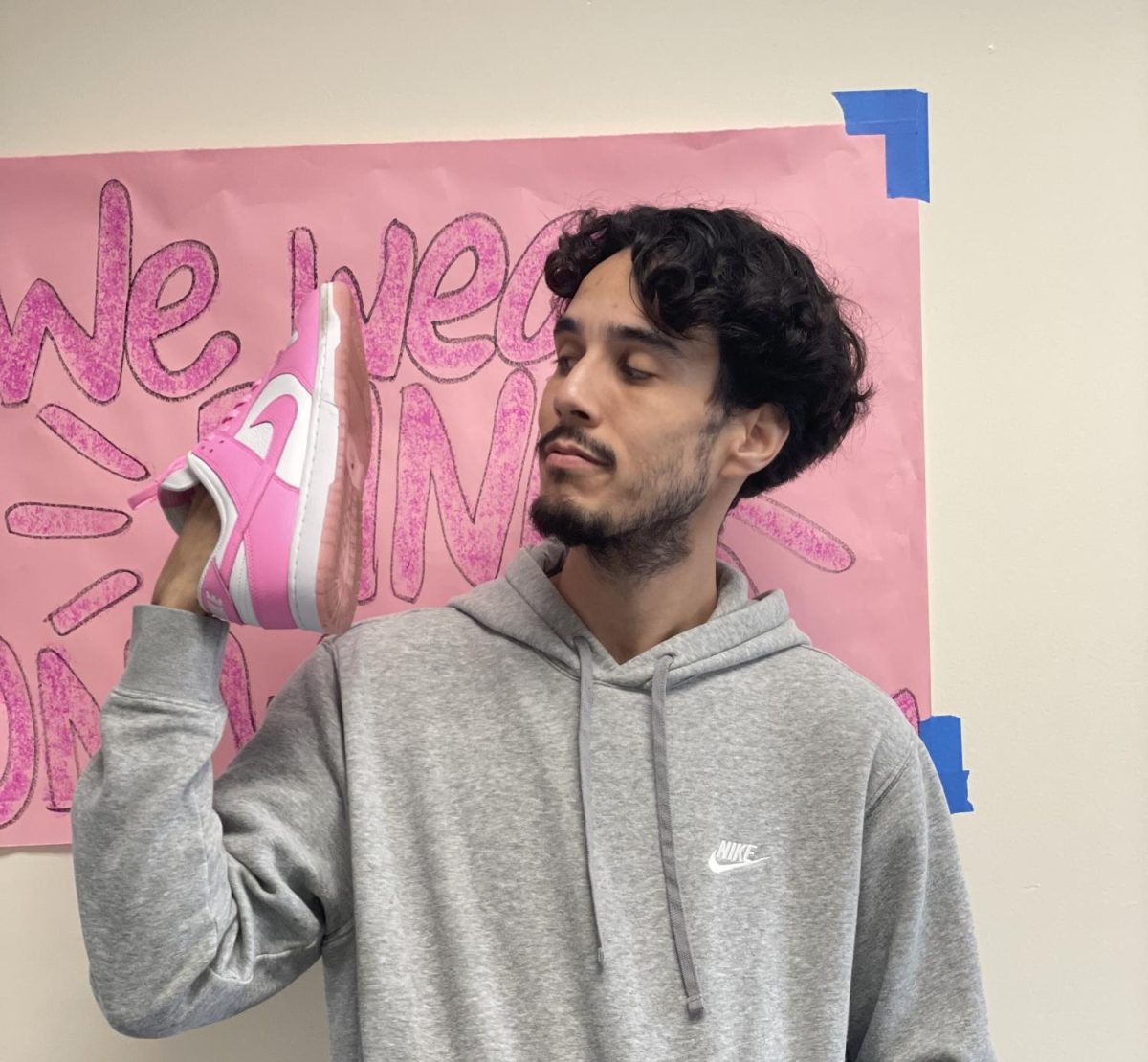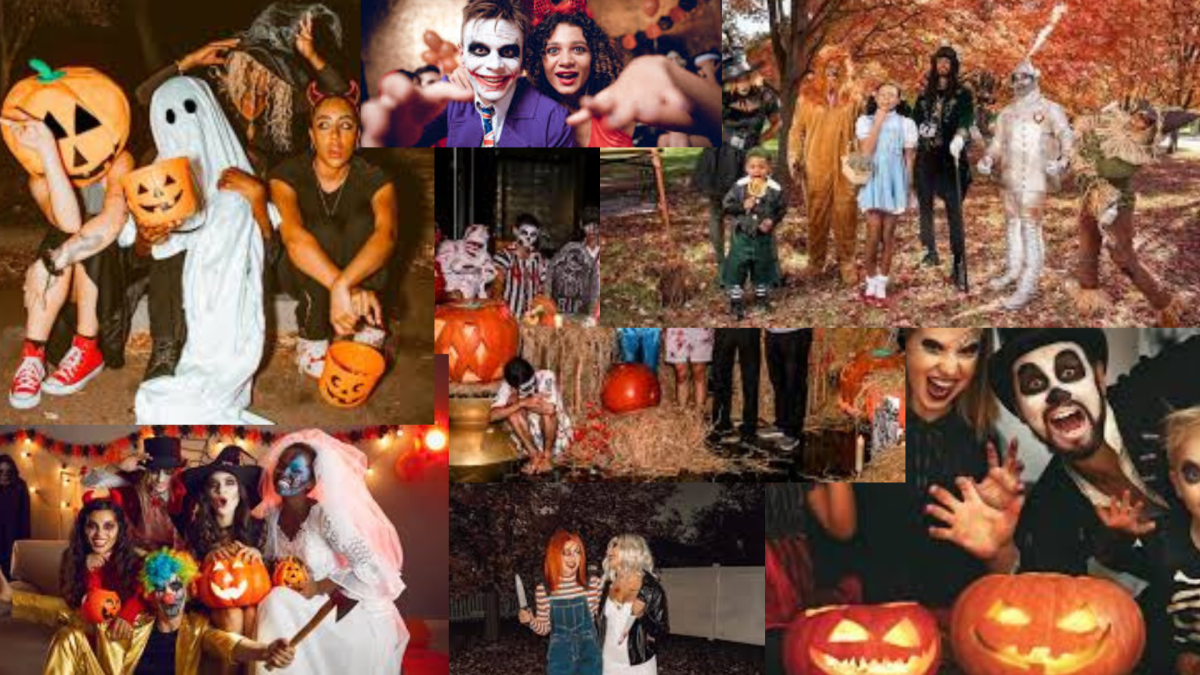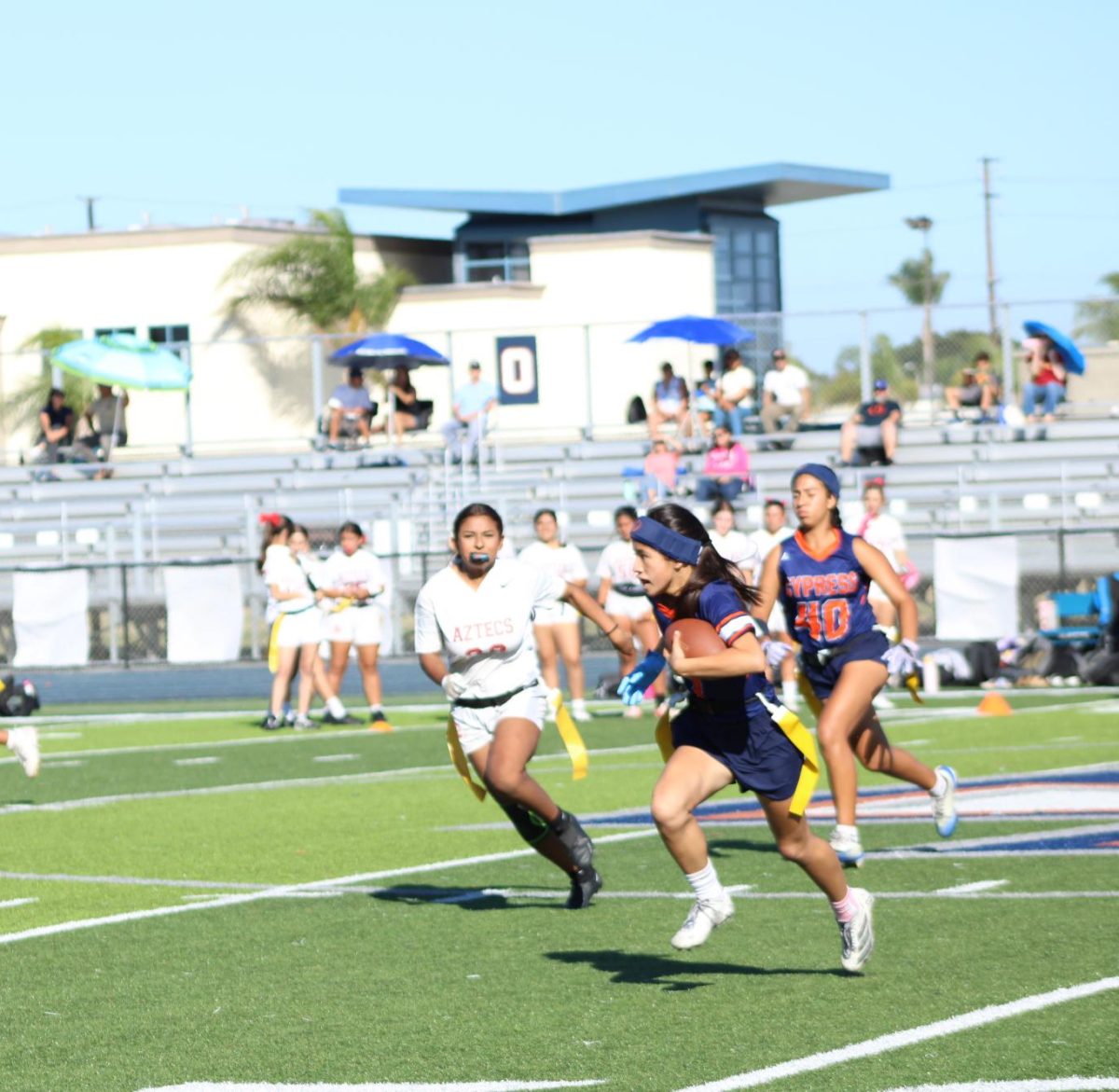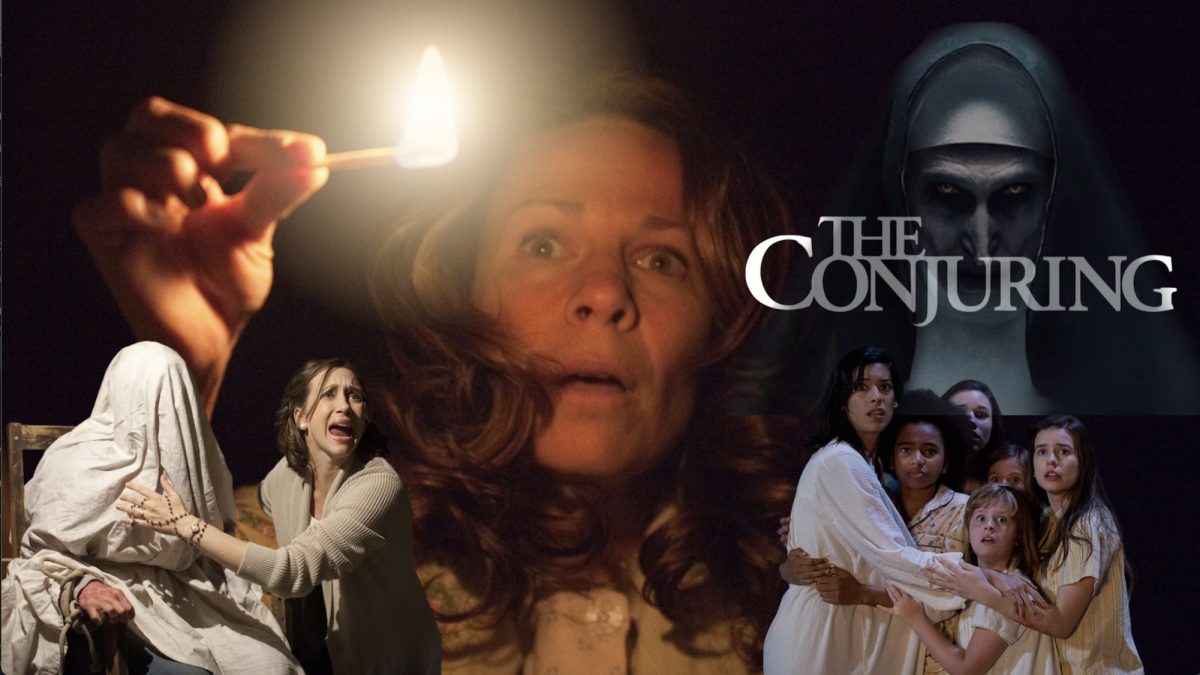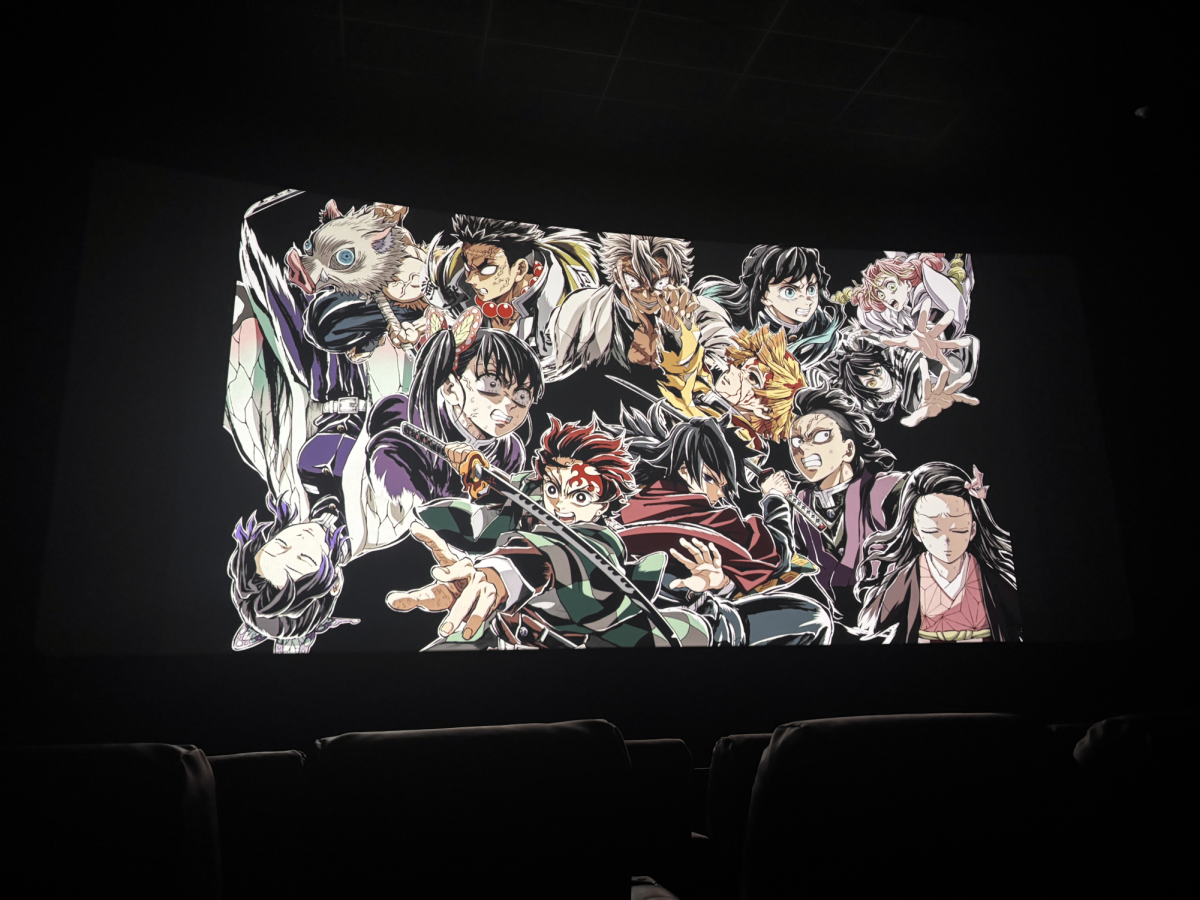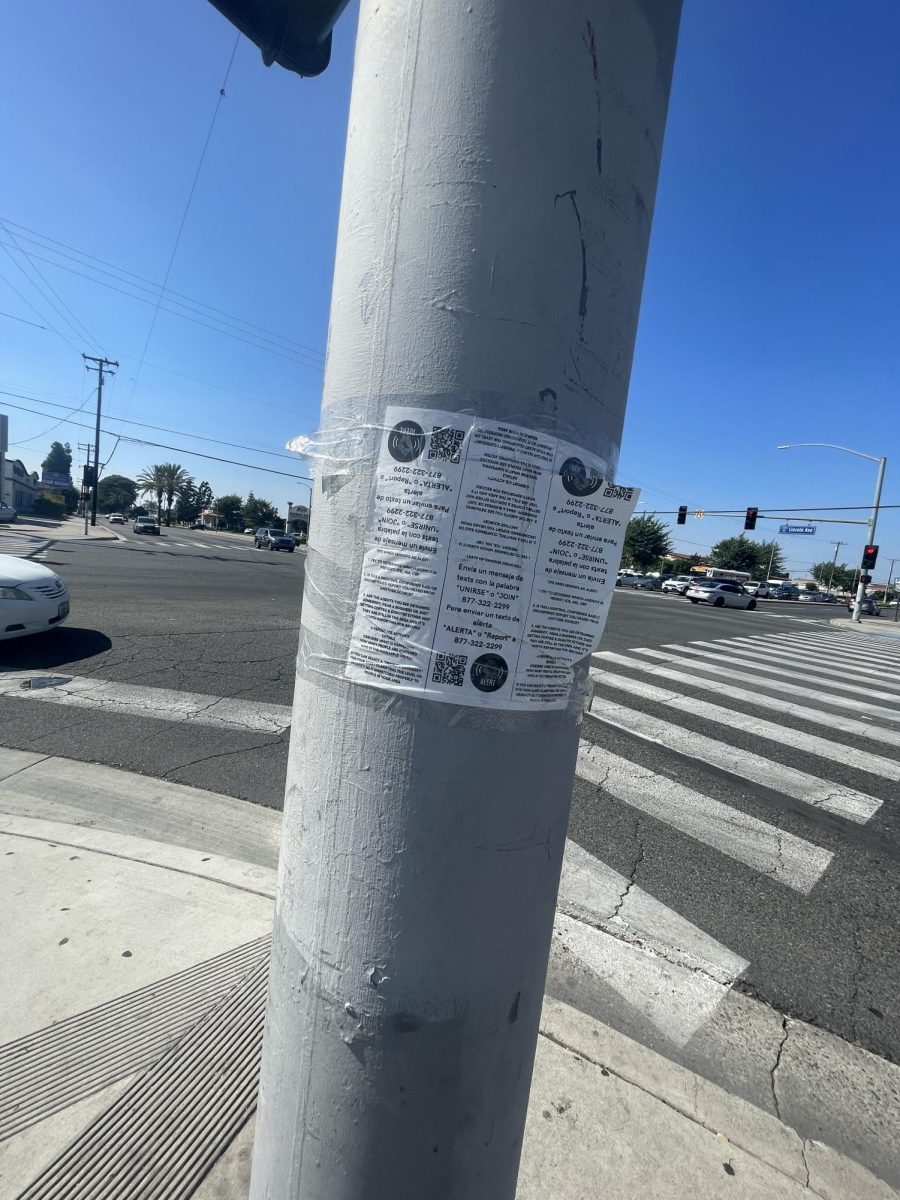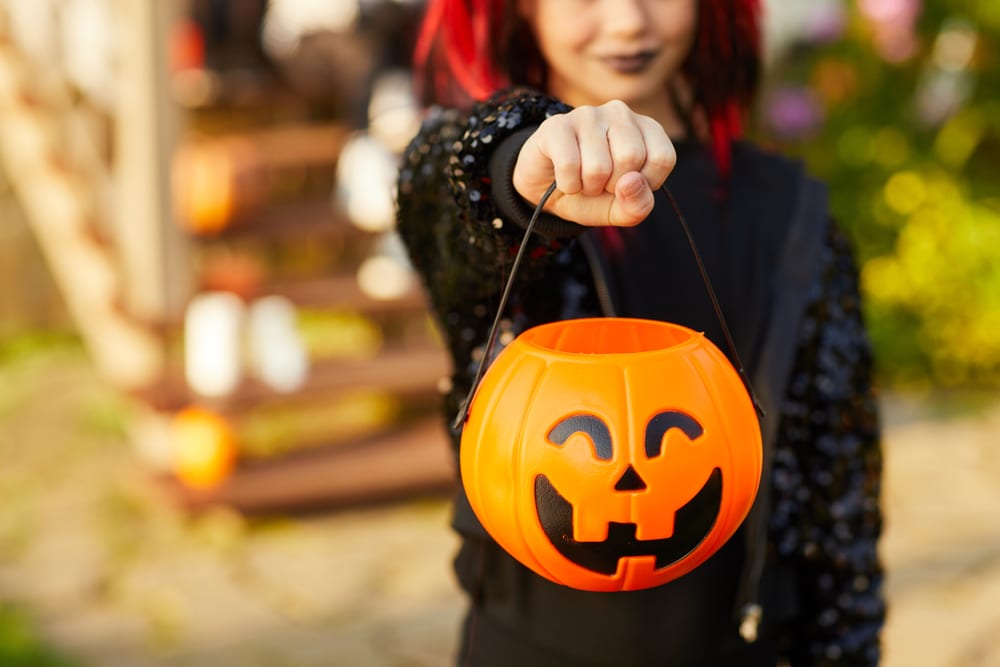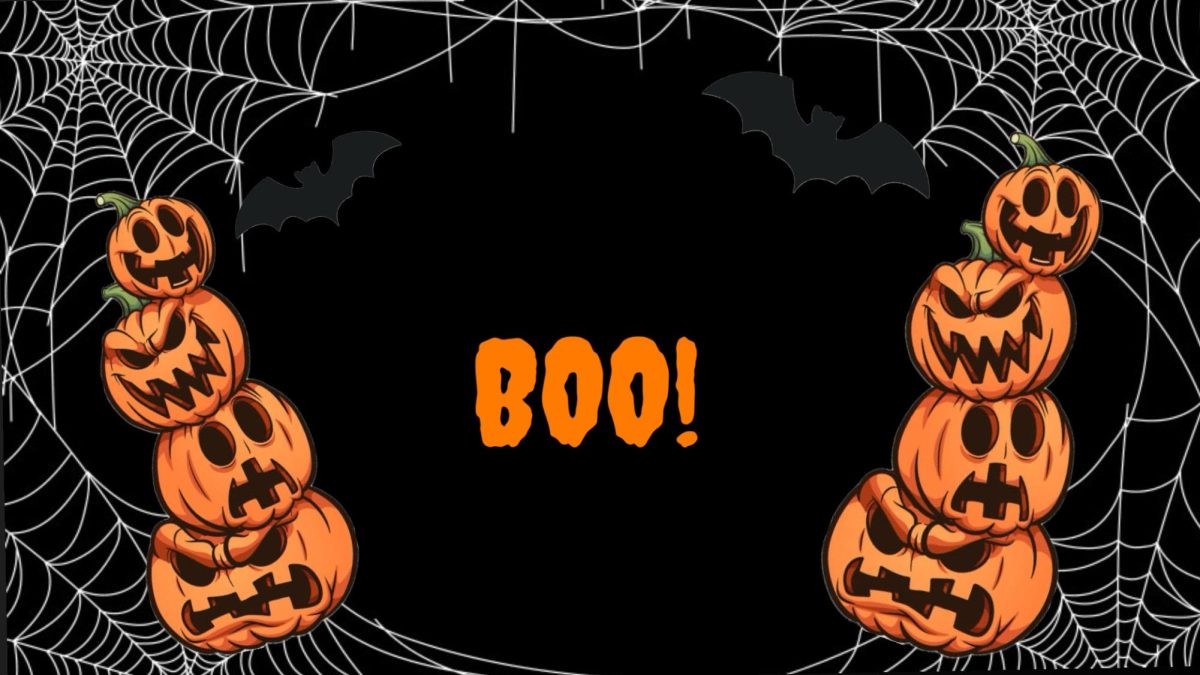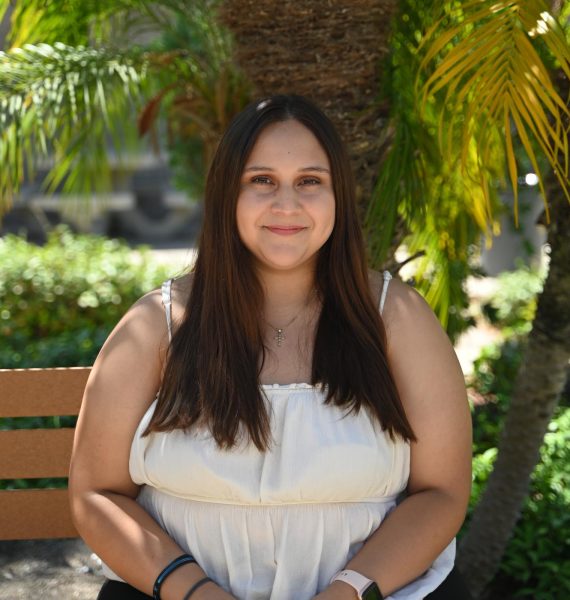Candy, costumes, jack-o-lanterns, skulls, trick-or-treating and parties. That’s what people think Halloween is all about. But is that the true meaning of Halloween? Halloween originated from an ancient Celtic festival of Samhain, and since then the holiday has gone global. October 31st is the day when “spirits of the dead rise and return to earth.”
Ancient Celtic festival of Samhain was a festival that would mark the end of the harvest season and mark the beginning of winter. In Gaelic “samhain” translates to “summer’s end.” The benefits of this festival were the boundaries between the physical world and the spirits world became one allowing spirits to come visit. Some rituals they would follow were bonfires feasting costumes and divination practices.
Today people cherish the holiday as a time to celebrate and hang out with friends and family. It gives them the opportunity to dress up as some of their favorite characters, attend pumpkin patches, carve pumpkins, and just enjoy the beginning of fall. Senior Angelica Castorena said, “ I’ve always truly enjoyed Halloween. I love dressing up and attending full activities with my friends and family as well as feeling the spooky season all throughout October.”
To some people, Halloween has become a holiday that is not celebrated. Many believe that going house to house receiving candy from strangers is just foolish, as well as spending money on costumes you’re only going to wear one time. 12th grader Amina Mohammed said, “ Halloween isn’t as fun as it used to be now that I am older. It is a fun tradition for families to share with their young children, but as I’ve gotten older the meaning has changed.”
Halloween has been an exaggerated holiday for over a thousand years. Trick-or-Treating, carving pumpkins, and dressing up in costumes is not as special as people think.

